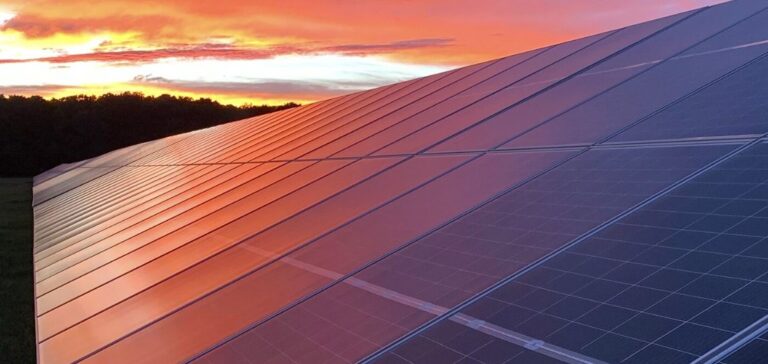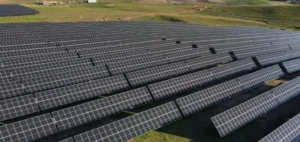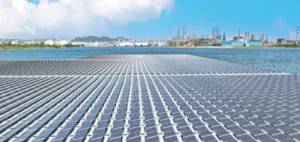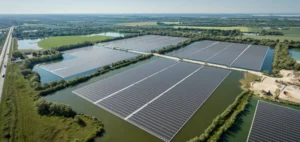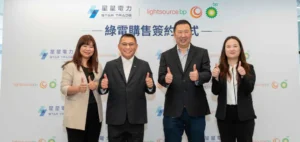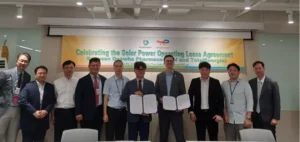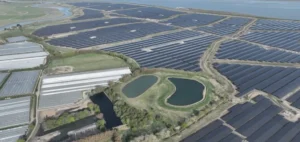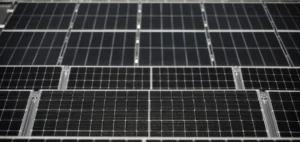NorthStar Clean Energy has recently secured $334 million in financing for two solar projects in Michigan. The Branch Solar project, with a capacity of 200 megawatts (MW), will be located in Branch County, while the Genesee Solar project, at 50 MW, will be situated in Genesee County. Together, these facilities are expected to provide enough clean electricity to power approximately 36,000 homes annually.
Financing and Partnerships
To secure this financing, NorthStar collaborated with lead arrangers BNP Paribas, MUFG, and SMBC. Legal advisors to NorthStar included Hunton Andrews Kurth LLP, Arnold & Porter Kaye Scholer LLP, Bodman Plc, and Warner Norcross + Judd LLP. These financial and legal partnerships were crucial to ensuring the viability and success of the projects.
Impact on Local Communities
The Genesee Solar project will be developed in a historically disadvantaged community in Genesee County. This initiative aims to support local economic development and create job opportunities in the region. Meanwhile, the Branch Solar project will become NorthStar’s largest solar asset in Michigan, thereby strengthening the company’s presence in the state.
Commitment to Clean Energy
These projects align with NorthStar’s mission to scale clean energy production nationwide while making a significant local impact. By investing in these facilities, the company demonstrates its commitment to providing clean and affordable energy to its customers, contributing to a more sustainable energy future.
NorthStar’s Strategic Positioning
Founded in 1987, NorthStar Clean Energy is a wholly owned subsidiary of CMS Energy. The company owns and operates over 2,000 MW of generation capacity nationwide, including solar facilities in Michigan, Ohio, and Arkansas, wind assets in Texas and Ohio, natural gas and cogeneration facilities in Michigan, as well as biomass plants in Michigan and North Carolina. This diversification highlights NorthStar’s growth strategy and strong financial position, which continue to drive large-scale renewable energy projects across the country.

